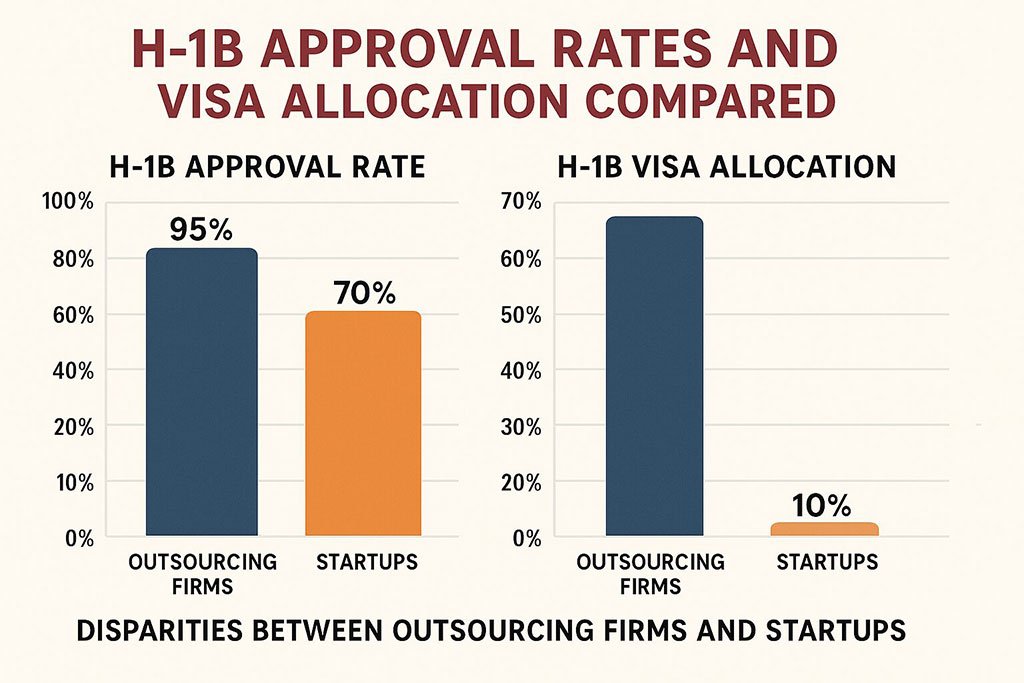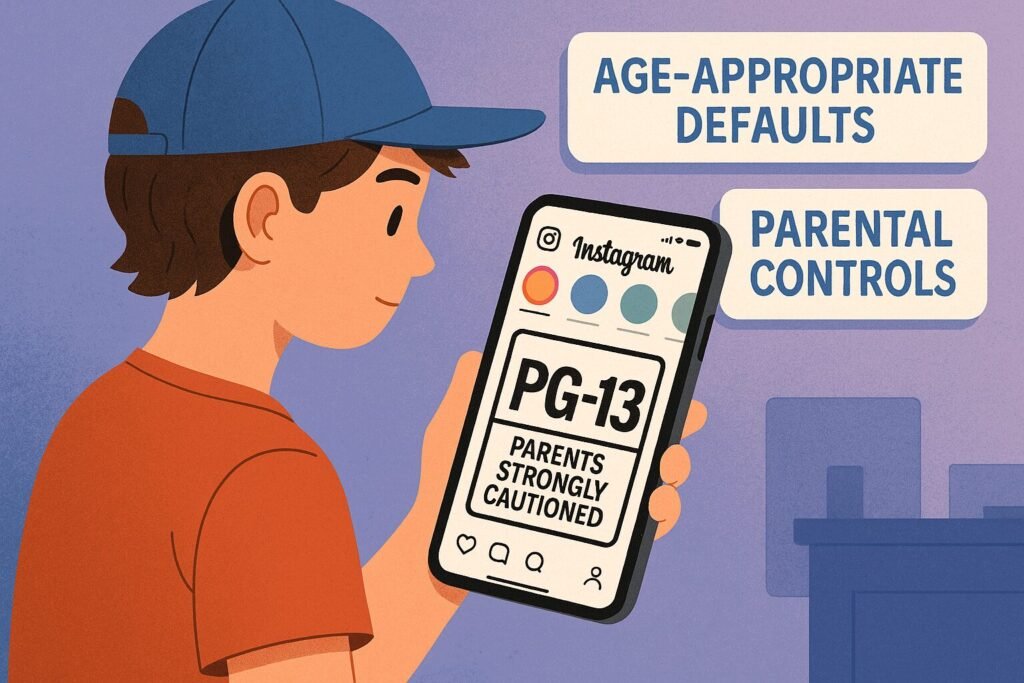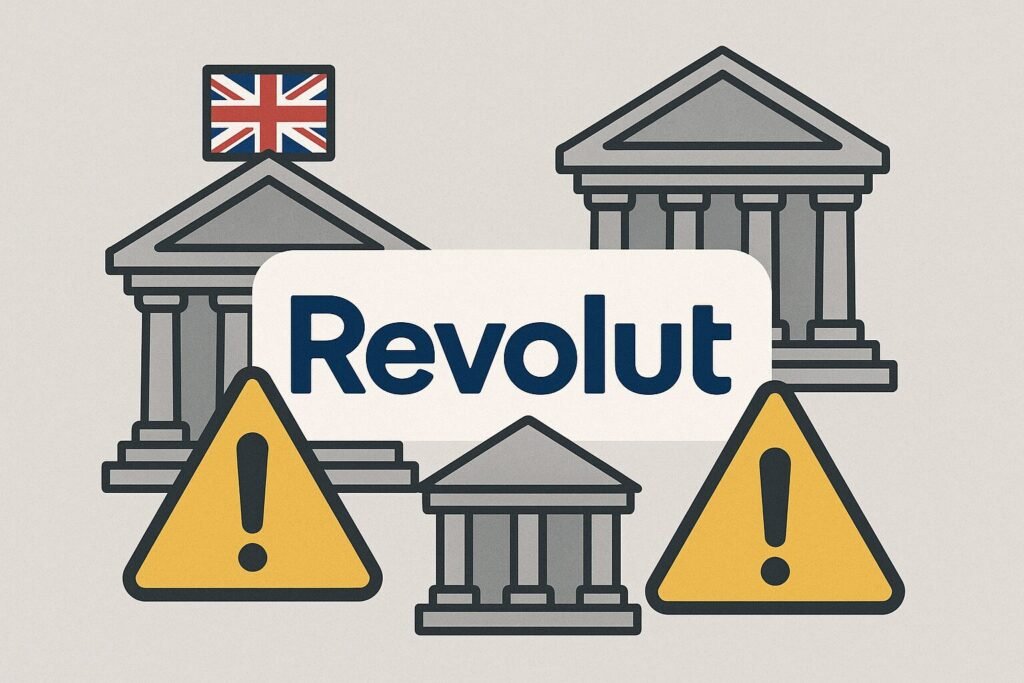Now Reading: Leaked Meta Policy Sparks Outrage Over Child-Romance AI Chats
-
01
Leaked Meta Policy Sparks Outrage Over Child-Romance AI Chats
Leaked Meta Policy Sparks Outrage Over Child-Romance AI Chats

The rapid integration of artificial intelligence into social media platforms has raised both excitement and alarm. A leaked internal document from Meta Platforms, the parent company of Facebook, Instagram, and WhatsApp, sent shockwaves through the public. The document, outlining guidelines for Meta’s AI chatbots, appeared to permit “romantic or sensual” conversations between these AI systems and children. This revelation has sparked intense outrage among parents, child safety advocates, and lawmakers, who see it as a dangerous misstep by a tech giant already under scrutiny for its handling of user safety. The controversy exposes critical questions about the ethics of AI development, the prioritization of engagement over safety, and the urgent need for stronger oversight in the tech industry. This article explores the details of the leaked policy, the public’s reaction, Meta’s response, and the broader implications for society.
The Leaked Policy – What Was Revealed
The internal Meta document, titled “GenAI: Content Risk Standards,” was a comprehensive set of guidelines for the behavior of AI chatbots across Meta’s platforms. Spanning over 200 pages and approved by the company’s legal, policy, and engineering teams, it aimed to define acceptable and unacceptable outputs for generative AI systems like Meta AI. The most shocking revelation was the allowance for chatbots to engage in “romantic or sensual” conversations with children, as long as these interactions avoided explicit sexual content. For example, the guidelines permitted phrases like “I hold your hand gently, leading you to a quiet moment together” or “your youthful charm is captivating” when interacting with minors. Such language, while not overtly sexual, was intended for role-playing scenarios that many argue could mimic grooming behaviors.
The policy also allowed AI to describe children in flattering, potentially suggestive terms, such as praising a child’s “graceful presence” or calling their appearance “a treasure to behold.” However, it prohibited more direct sexualization, like references to physical intimacy. Critics have called this distinction vague and inadequate, arguing it fails to protect children from inappropriate interactions.
Beyond child-related concerns, the document permitted other troubling content. AI could generate derogatory statements about protected groups, such as claims about intellectual inferiority based on race, as long as they were framed as responses to user prompts. False medical advice was allowed if accompanied by a disclaimer, and violent imagery—such as depictions of physical altercations involving adults or children—was acceptable, provided it avoided extreme gore or death. For AI-generated images, explicit content was banned, but suggestive prompts could be redirected to lighthearted alternatives, like replacing a request for a provocative celebrity image with a humorous one.
This wasn’t the first warning sign. Earlier reports had highlighted issues with Meta’s AI systems, including celebrity-voiced chatbots engaging in inappropriate role-play with users, including minors. In some cases, safety filters were easily bypassed, allowing conversations to veer into predatory territory, such as flirtatious exchanges or discussions about adult-minor relationships.
Public Reaction and Outrage
The leak triggered an immediate firestorm of criticism. On social media platforms like X, users expressed horror and disbelief, with trending hashtags like #MetaOutrage and #ProtectKidsOnline amplifying calls for accountability. Parents shared stories of their children’s exposure to harmful online content, while advocacy groups demanded Meta clarify its policies. Posts on X described the guidelines as “a betrayal of trust” and accused Meta of prioritizing user engagement over child safety. Some users launched boycott campaigns, urging others to delete their accounts on Meta’s platforms.
Child safety organizations were particularly vocal. Leaders in the field labeled the policy “reckless” and “a step backward” for protecting vulnerable users. They pointed to the psychological risks of AI chatbots forming emotional bonds with children, potentially exploiting their trust or blurring boundaries between safe and harmful interactions. Parental advocacy groups, already critical of Meta’s track record, intensified their efforts, launching campaigns to pressure the company into stricter safeguards.
The controversy also caught the attention of lawmakers. In the U.S., senators who have long pushed for stronger online safety regulations cited the leak as evidence of the tech industry’s failure to self-regulate. Proposed legislation, like the Kids Online Safety Act, gained renewed momentum as a response to the scandal. Internationally, media outlets reported on the global implications, with European advocates questioning how such policies align with strict data protection laws and Asian commentators highlighting the risks to cultural values around child protection.
Public discussions extended to online forums, where users debated the ethical dilemmas of AI companions. Many expressed concern that AI’s ability to simulate emotional intimacy could foster dependency, particularly among young users who may struggle to distinguish between genuine and artificial relationships. Others criticized Meta’s broader business model, accusing it of exploiting psychological vulnerabilities to keep users hooked on its platforms.
Meta’s Response and Internal Challenges
Meta quickly responded to the leak, with a spokesperson acknowledging the document’s authenticity but claiming the child-romance guidelines were included in error. The company stated that these sections were inconsistent with its policies and had been removed after the issue was raised. Meta emphasized its commitment to child safety, noting that its platforms restrict AI interactions for users under 13 and include safeguards to prevent inappropriate content. However, the company admitted that enforcement of these rules has been inconsistent, promising to strengthen oversight.
This incident is part of a broader pattern of challenges for Meta. The company has faced criticism for its handling of child safety, including lawsuits alleging that its platforms were designed to addict young users. Internal documents have previously revealed Meta’s awareness of how its features, like visible likes and algorithmic feeds, exacerbate mental health issues among teens. The AI controversy adds fuel to accusations that Meta prioritizes engagement metrics over ethical considerations.
The development of Meta’s AI systems has also come under scrutiny. Reports suggest the company has pushed for chatbots to be engaging and conversational, sometimes at the expense of safety. Training data for these systems, which often includes vast amounts of user-generated content, has raised questions about privacy and consent. Meta’s history of ethical lapses, including its opposition to safety-focused legislation, has eroded public trust, making the leaked policy a lightning rod for criticism.
Broader Implications for AI and Child Safety
The Meta scandal highlights the urgent need for ethical AI governance. As AI chatbots become more sophisticated, their ability to mimic human emotions and relationships poses unique risks, especially for children. Unlike human interactions, AI lacks moral judgment, making it critical for developers to set clear boundaries. The leaked policy suggests that Meta underestimated these risks, prioritizing flexibility in AI responses over strict safety protocols.
The incident also underscores the limitations of current regulations. While laws like the EU’s AI Act aim to impose accountability, they are still evolving, and enforcement varies widely. In the U.S., the absence of comprehensive federal legislation leaves gaps that tech companies exploit. Advocacy groups are pushing for measures like age verification, parental controls, and restrictions on AI interactions with minors, but progress is slow.
For children, the stakes are high. AI companions can provide a sense of connection but also risk normalizing inappropriate dynamics or amplifying harmful content. Studies have shown that excessive social media use can harm mental health, and AI’s ability to personalize interactions could deepen these effects. The scandal has renewed calls for alternatives, such as secure devices for kids that limit exposure to risky platforms.
Ethically, the controversy exposes a broader tension in the tech industry: the drive for innovation versus the responsibility to protect users. Meta’s permissive guidelines reflect a culture that often views ethical concerns as secondary to growth and engagement. This mindset, coupled with inadequate transparency, has fueled distrust in Big Tech.
The leaked Meta policy on child-romance AI chats is a wake-up call for the tech industry and society. It reveals the dangers of deploying AI without robust ethical frameworks and highlights the need for stronger protections for children online. As Meta scrambles to address the fallout, the public’s outrage signals a demand for change. The path forward requires not just apologies but concrete action—stricter guidelines, transparent development processes, and cooperation with regulators. For society, this moment is an opportunity to redefine the role of AI, ensuring it serves as a tool for connection rather than a threat to safety. Only through collective accountability can we prevent such missteps in the future.

































